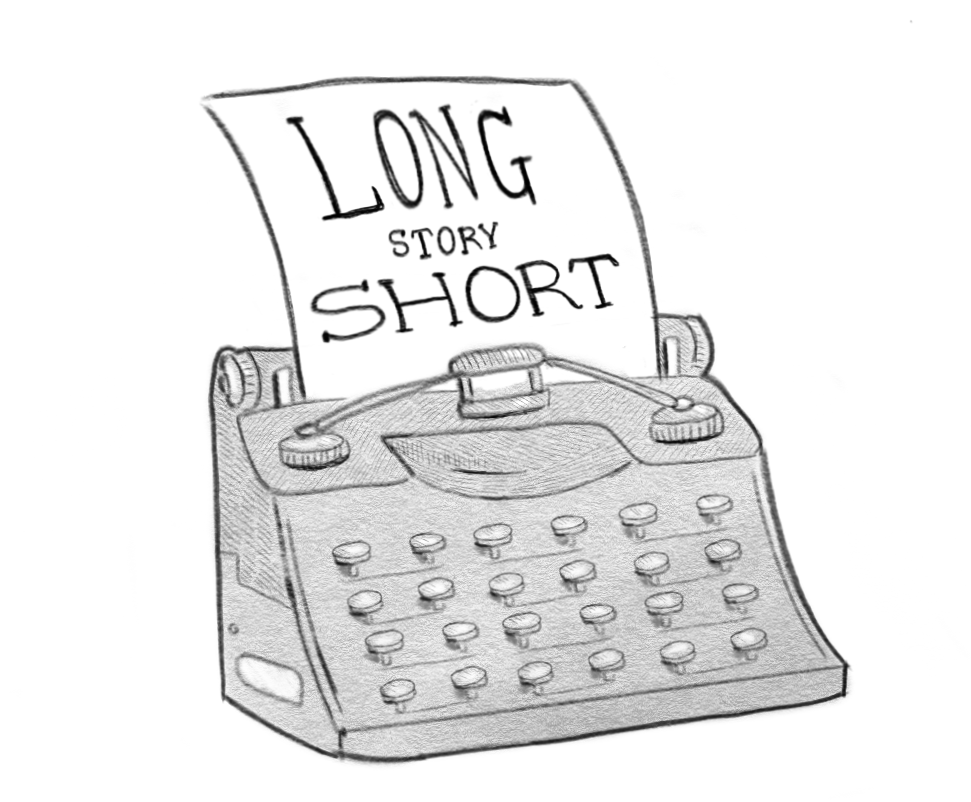After mindlessly scrolling on Netflix during the COVID-19 lockdown, I decided to give the show “Gilmore Girls” a chance after having it on my list for years.
Only 20 minutes into the first episode, I found a character I have never related to more — Rory Gilmore. As someone who loves reading and writing, I admired the way the show portrayed a studious character in a way that wasn’t demeaning or nerdy.
I have always been a perfectionist. As much as I hate to admit it, there’s a big part of me that seeks academic validation, and therefore, I get upset when I get a “bad” grade on a test, even though other people may consider that grade to be “good.”
In the first few episodes of “Gilmore Girls,” Rory struggles with her coursework and even yells at a teacher after being late for a test, showing perfectionism in its raw form. For the first time in my life, I found a realistic female character that was there when I needed it the most.
At the start of the pandemic, I was struggling with the sudden adjustment to online learning. When in school, I often thrived by getting to know my teachers and my peers. I began to feel a sense of contact between myself and my peers slowly diminishing.
In particular, I was doing horrible in my physics class. As someone who performs stronger in subjects such as history and English, I don’t understand math and science concepts that well. During online classes, I would try to listen to my physics teacher at 8 a.m. on a Zoom call, but still could not understand the concepts. After failing three tests in a row, I was feeling horrible about myself. I would dedicate hours to the lessons and studying, but just couldn’t get it right.
Rory Gilmore went through a similar experience as she failed her first English paper and had to quickly readjust. Although it took time, she recovered and even went on to graduate as valedictorian. I saw that it was OK to fail and everything would naturally readjust.
“Gilmore Girls” has been my comfort show throughout difficult times of my life. When I started college this year, I found myself questioning whether I made the right decision. Living in a complicated dorm situation and constantly questioning my passions only exacerbated these feelings, and I felt lost.
Throughout this time, my family and friends did very much help me get through it, but Rory’s character arc throughout the show served as a reminder that everything will work out in the end.
During Rory’s college years, she dropped out of school for a semester after being told she wouldn’t make it as a journalist. Similarly, as someone who always thought I wanted to study law, I realized there were so many other career paths I hadn’t explored and wasn’t sure if law was still the right decision.
Throughout the show, Rory made a lot of mistakes. She dropped out of school, stole a yacht and slept with her married ex-boyfriend. Many people criticize these decisions and constantly complain about how the show ruined her character. While in high school, Rory was kind and honest, but she became much more flawed as she grew older.
Even though the mistakes were made, Rory’s character still redeemed herself. She went back to school and went on to have a “big-girl” journalism job. Even though Rory learned from her mistakes, many people still hate her character.
I don’t want to argue that people hate imperfect female characters, as many are still adored like Harley Quinn, Carrie Bradshaw, Rachel Green and more. All these characters have made mistakes, but they haven’t been upheld to the same standard of perfection as Rory Gilmore.
Even if female characters are seemingly perfect, we have to give them room to make those mistakes. In television, male characters have done so much worse than Rory, such as Walter White, who indirectly killed a plane full of people, started a meth empire and even murdered a few people himself. Despite this, his wife is considered to be one of the most hated television characters of all time.
In a piece written by the actress, she revealed how the hate wasn’t just aimed at her character, but also at her. As Anna Gunn wrote, “because Skyler didn’t conform to a comfortable ideal of the archetypical female, she had become a kind of Rorschach test for society, a measure of our attitudes toward gender.”
Truthfully, we expect female characters to be perfect in how they are portrayed, as that can even extend to how we view each other. If a female character is evil, then they’re expected to be completely evil. On the flip side, if they’re considered “good,” then they should remain that way throughout the show. This phenomenon extends to real life with a theory called the “Madonna-Whore Complex,” where women are categorized as “pure and good” or “promiscuous and bad.”
With a character like Rory Gilmore, we see her in the early seasons as “good.” As the character continued into later seasons and she made more mistakes, her character became more and more hated.
While some might see this as a character flaw, I find it refreshingly realistic. Throughout my life, I have made so many mistakes, and I will continue making more. These mistakes are the only way I can learn, and I don’t want to be put into a box because of them.
These messy, flawed and complicated female characters serve as my inspiration. As Rory aspired to be a journalist, I also loved reading, so I started writing for my high school newspaper. That eventually led to me finding a new passion at The Pitt News and getting a position as the next Digital Manager. By having these characters, I know I can make mistakes, and I hope people can eventually forgive Rory Gilmore for hers.



